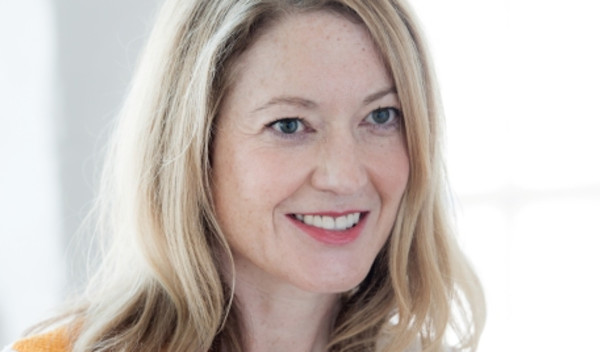

Sanditon, the fund management business co-founded by former Schroders fund manager Julie Dean is to cease trading.
Ms Dean managed two high performing UK equity funds at Schroders for 12 years, before quitting to set up Sanditon with former Schroders colleague and European equity manager Chris Rice in 2014.
Sanditon pursued a value style of investing, and this has been deeply out of favour for most of the years since the financial crisis.
The company had assets under management of over £500m when the decision was made to wind up the firm, according to Rupert Tyer, chief executive of Sanditon.
Mr Tyer told FTAdviser: “Despite the track record of the fund managers and despite them taking part in a huge number of meetings, there just wasn’t the appetite in the market to invest in value funds.
"We launched Sanditon in 2014, and it has been profitable for almost all of that time, but we thought it would be better to make a proactive decision now, rather than have to make a reactive decision later, and so the company will close.”
Two of the funds run by Sanditon will be taken over by Crux Asset Management. These are the £303m Sanditon European Opportunities fund and the £21m Sanditon UK fund, which was run by Ms Dean.
The Sanditon UK fund has returned 3 per cent over the past three years, compared with 17 per cent for the average fund in the sector.
The European fund has returned 52 per cent over the past three years, compared with 62 per cent for the sector average.
Both funds will be rebranded to incorporate the Crux name.
The Sanditon investment trust meanwhile will close, while the firm is seeking a home for the two other funds it presently operates.
The management of those will revert to Thesis Asset Management, the funds' authorised corporate director, in the near future until a more permanent arrangement is agreed.
Mr Tyer said: “We were anxious to ensure that the funds would not have to be gated, and investors can get their cash out now if they want, the assets in all of the funds are liquid.”
The deterioration in the the trading conditions of the business can be seen from Sanditon’s financial results at the end of March 2019, when it recorded a profit of £1.4m, down from £1.6m the previous year.
The directors said at the time the results were “satisfactory” and that they expected the company to continue as a going concern. The company had 10 employees at the end of March 2019.
But in a word of caution, Darius McDermott, managing director at Fund Calibre, said: “It is concerning for the industry if only funds that use the growth style of investing can raise assets.”
david.thorpe@ft.com




